ShPFF | A Chat with the Director of Award Winning Film
Interview <Cocoon> in the way of a cocoon’s, let’s take 5 minutes to learn more about 2017 ShanghaiPRIDE Film Festival Chinese Short Film Award’s Best Film winner.
The stories of LGBTQ people are not different. These lives have same joy, sadness, and authenticity.<Cocoon> tells a coming of age story about family and sex-awakening through an 11-year-old girl’s pointof view.
In this post, we invited <Cocoon>’s director — Liying Mei to talk about her movie’s stages of birth (egg),larvae, pupa and how it became a ‘butterfly.’
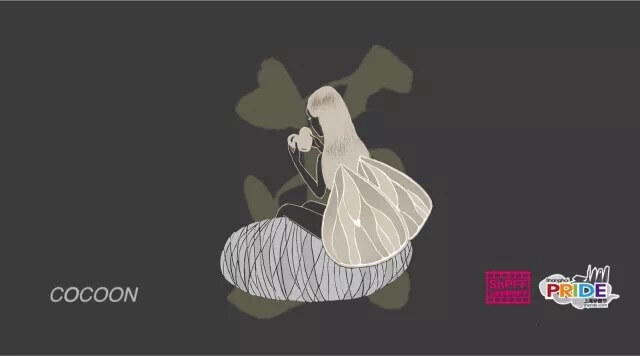

▲Scan QR code to watch the trailer
Birth
- What is <Cocoon> about?
A:Set in 1997, Wuhan, China, <Cocoon> shows how one family changed through an 11-year-old girl,Qingqing’s eyes. At the same time, Qingqing herself is also in a place of transition. On the cusp of adolescence, she and her friends are beginning to discover the opposite sex and each other.
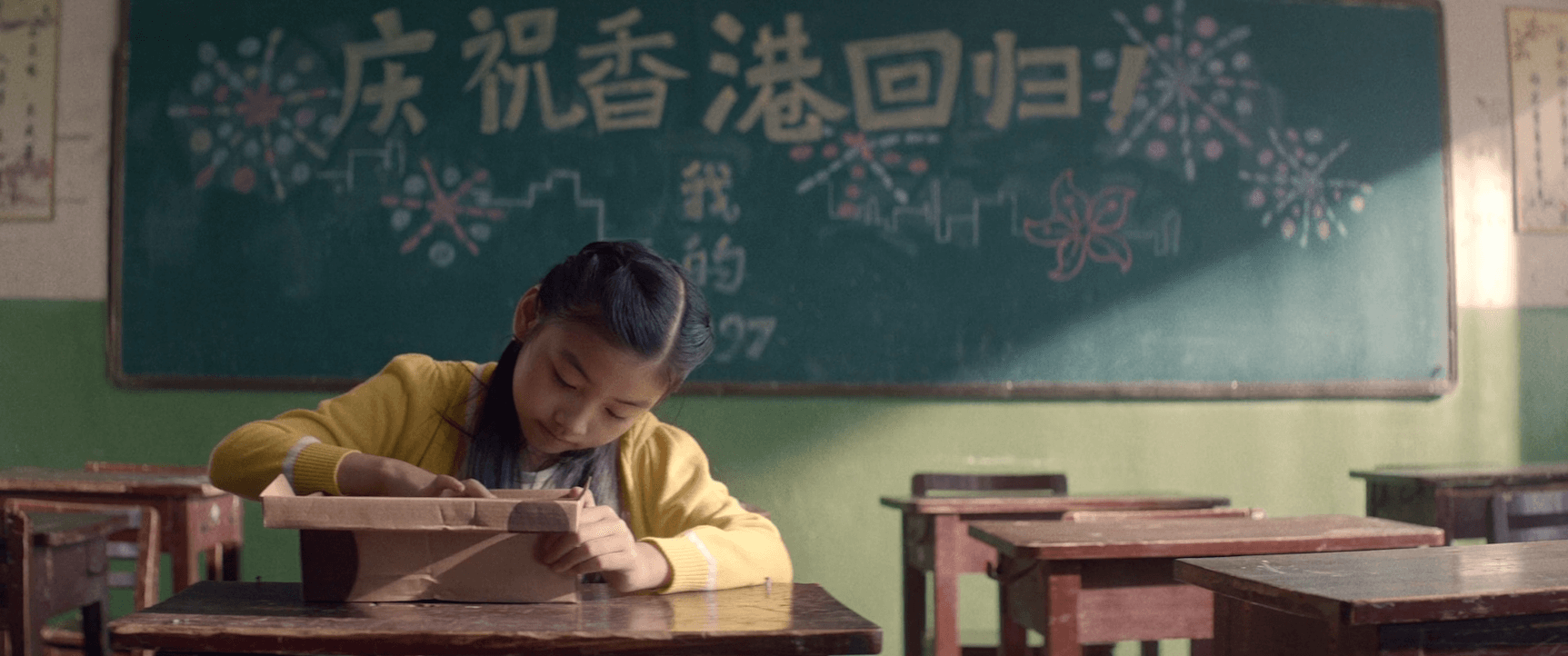
- What inspired you to make <Cocoon>?
A: It mainly came from similar experiences of peers in my generation: traditional Chinese values of marriage and family was challenged in the past two decades; the relationship between the parents became more fragile. In families like these, kids grew up with a lot of responsibilities that they should not have. I hope this movie could express some of the kids’ feelings.
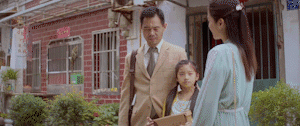
- Audiences hold different understandings about the growth of silkworms and the persistence in the film, what is the specific symbolic meaning of ‘cocoon’ in the film?
A: ‘Cocoon’ symbolizes a state – being trapped, unable to break free and make changes. You can also sayit’s a powerless feeling. In the last shot, several moths broke out from the cocoons, while only one cocoon left motionless in the middle. When summer passes, moths that came out from the cocoons will continue to live, but the silkworm that’s still in the cocoon will die inside.

Larvae
- Do you have any interesting stories to share during the making of the film?
A: Directing <Cocoon> was a pleasant and magical experience for me. What I found funny is that we filmed it in a local community in the city of Wuhan, and the residents would watch us filming and discuss the story with us. They don’t seem to care so much about the camera. Some of them often just walk into the shots and walk straight out. This is something that’s unique about Wuhan and the citizens there. These “actors” brings out the flavor of the environment.

- What’s the biggest challenge during filming?
A: It was the night when we shot the scene of Qingqing hearing her parents’ fight. The room was like a hot box that everybody was so slow. But we only had the location for a limited amount of time and had to wrap soon. Everyone was under tremendous pressure, then our young actor who plays Qingqing felt sick and had to go to the hospital. I was devastated and didn’t know how to finish the scene. Luckily, she was fine and came back very soon. We completed the scene in time.
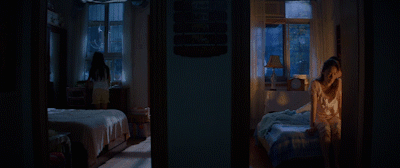
- Are all the actors professional actors? How did you find them to join the cast?
A:Most of them are professionals. For me, appearance and charisma come first and then their understanding of the story and character. I was very fortunate to work with the best fit for nearly every character.

- Why did you pick Wuhan as where the story takes place?
A: Wuhan is where I was born and raised. I am familiar with my hometown in the 90s and have attachments to it. So it has always been one of my dreams to make a film there, and this dream came true because of <Cocoon>.

Pupa
- <Cocoon> won 3 awards in last year’s ShPFF. How did you find out about ShPFF and decide to participate in the competition?
A: Last year, Raymond came across <Cocoon> in BFI Flare and contacted me. So, I brought <Cocoon> to ShPFF. Thanks to his invitation that we have the opportunity to share our work with everyone. We are also grateful to get so much love. <3
- What do you think about ShPFF?
A: ShPFF is an important and meaningful platform, providing great opportunities for LGBTQ films to be showcased. It also creates a support system for the LGBTQ community, as well as opportunities for allies and curious people to watch such stories to understand the community.
Butterfly
- Besides ShPFF, what are achievements of <Cocoon> in other film festivals?
A: <Cocoon> was screened at over 40 film festivals, including Iris Prize, BFI Flare, Raindance Film Festival, Atlanta Film Festival and American Pavilion Emerging Filmmaker Showcase at Cannes. It won prizes at more than 10 festivals, including Best Asian American Director Award at the 23rd Director’s Guild of America Student Film Award.
- In other international film festivals, what different voices did you hear about <Cocoon> or Chinese films?
A: Some international audiences were curious about how the Chinese audience reacted to this film. Some wanted to know what would happen next and wished to see the longer version.
- What are your plans after <Cocoon>?
A:My partner and I are working on the script of a few feature films, including the longer version of <Cocoon>. Our priority this year is a suspenseful thriller, which also revolves around female leads.
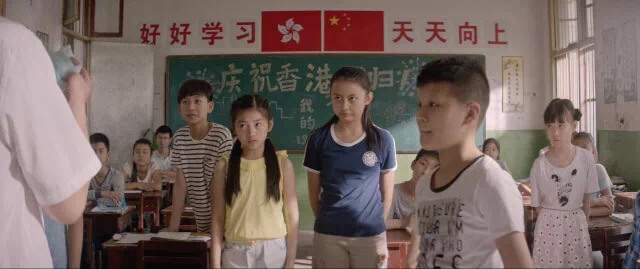
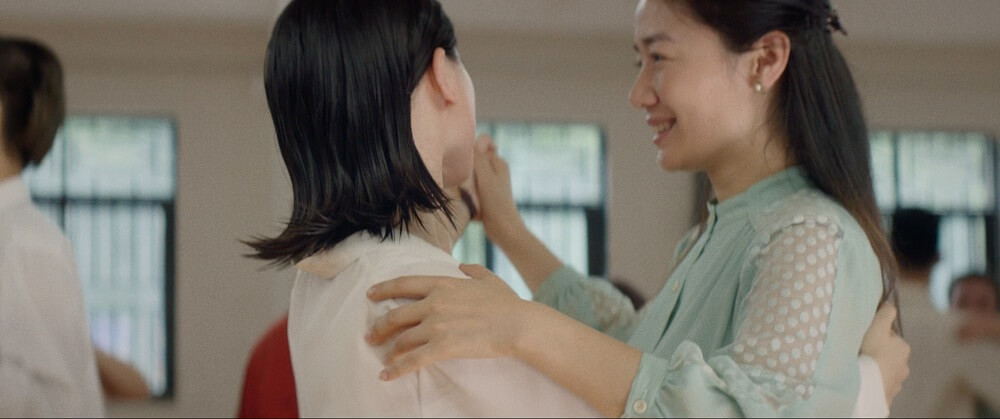
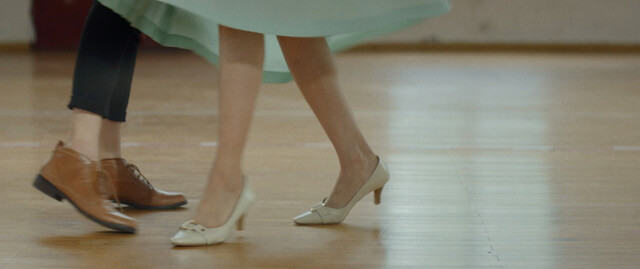
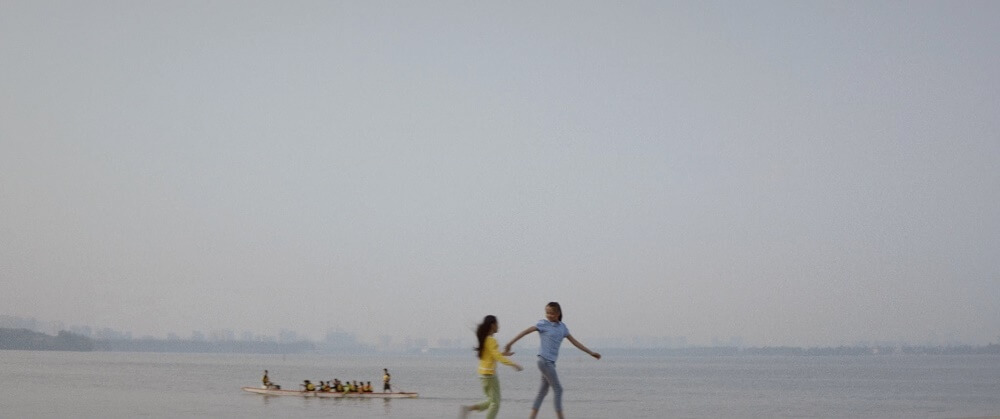
Program of ShanghaiPRIDE Film Festival 2018 will be announced later in May.
Join us this June for the 10th ShanghaiPRIDE!


